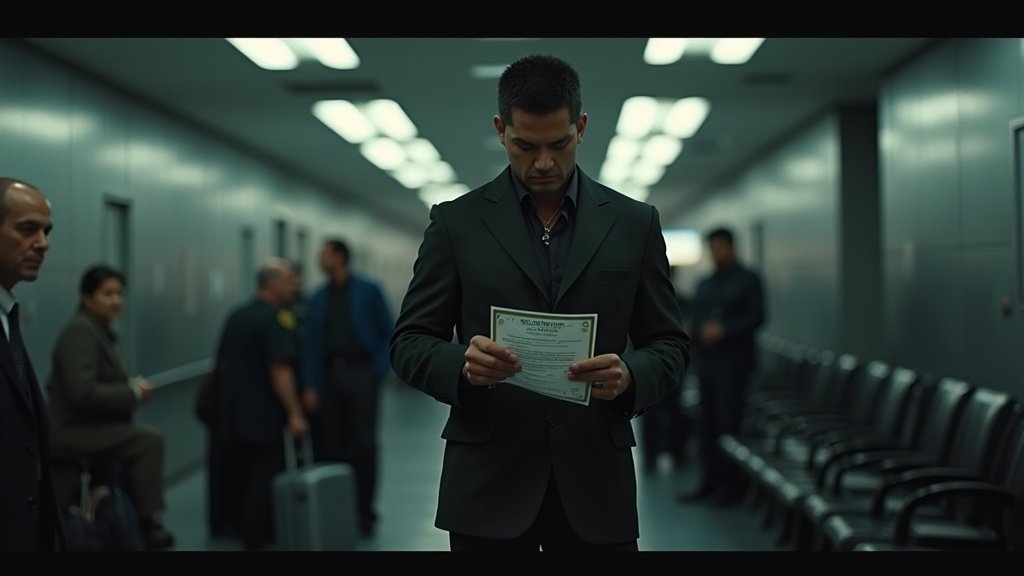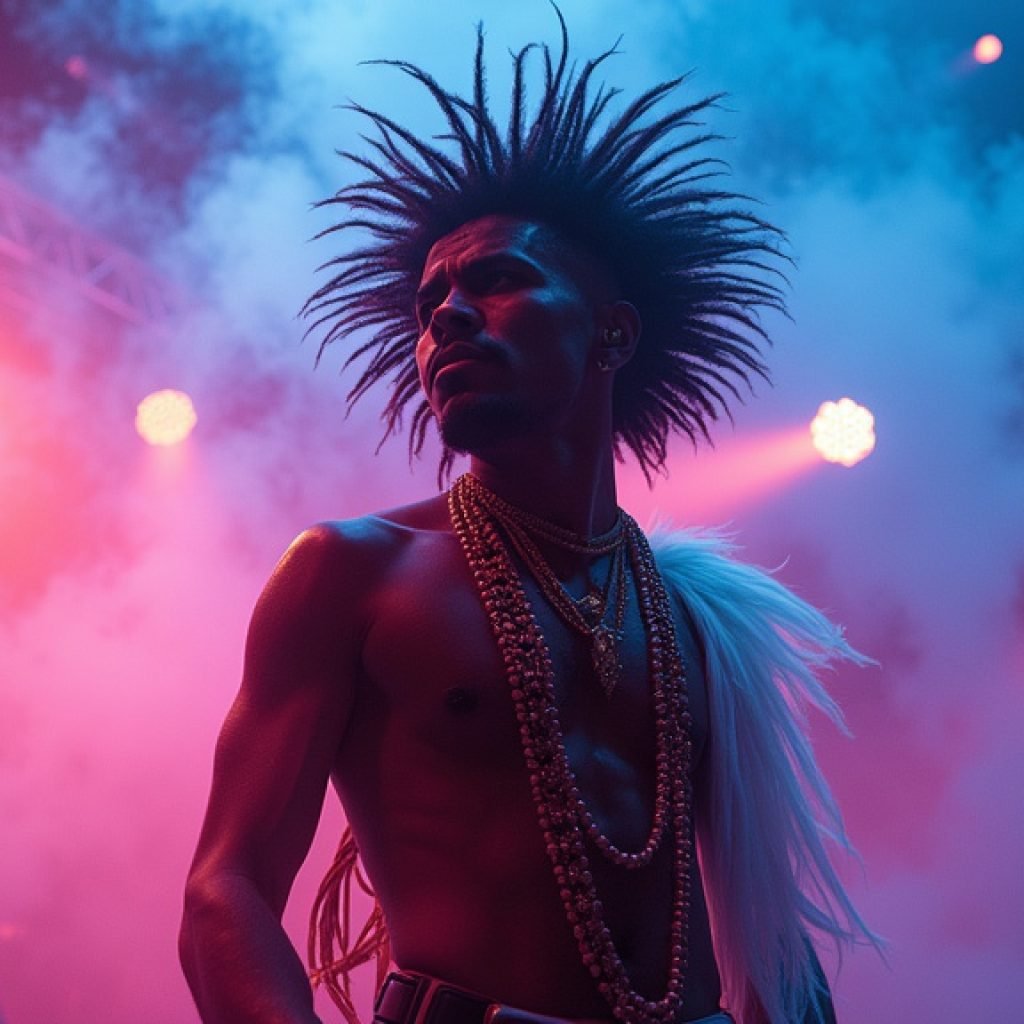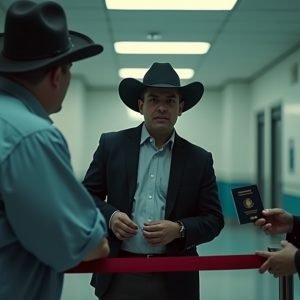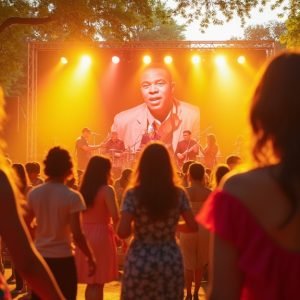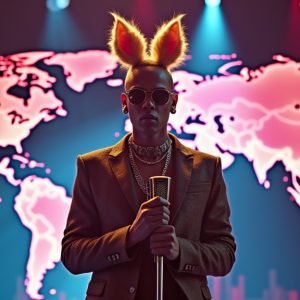The vibrant and rapidly growing latin music industry is facing significant disruptions as a wave of visa denials and revocations by the United States government prevents top artists from touring and performing. This crackdown, fueled by immigration enforcement and concerns over lyrical content, has led to the cancellation of major concerts and festivals, costing millions of dollars and impacting businesses far beyond the music scene. Prominent figures and beloved bands are finding their access to the lucrative US market suddenly blocked, raising urgent questions about artistic freedom and the economic future of this burgeoning genre, marking some of the most significant stories in the industry this year.
The Visa Hurdle: Top Artists Stranded
High-profile latin music stars, including Julión Álvarez and Peso Pluma, have recently been unable to secure visas or have had them revoked, leading to a cascade of canceled performances. Mexican singer Julión Álvarez was forced to postpone a sold-out concert in Arlington, Texas, for nearly 50,000 fans after his work visa was unexpectedly canceled, with no clear explanation provided by authorities. Similarly, the massively popular band Grupo Firme had to pull out of their headline performance at California’s La Onda Festival when their visas and those of their team were placed under “administrative review” by the U.S. Embassy, making entry impossible. These incidents highlight a concerning trend where artists with substantial fan bases in the U.S. are being barred from performing, often with little transparency regarding the reasons.
“Narco-Corridos” Controversy and Broadened Scrutiny
A significant catalyst for the increased visa scrutiny appears to be the genre of “narco-corridos,” which often depicts the lives and exploits of drug cartels. The band Los Alegres del Barranco had their U.S. work and tourist visas revoked after projecting images of notorious cartel leaders like “El Mencho” and “El Chapo” during a concert. This action, publicly supported by U.S. Deputy Secretary of State Christopher Landau who stated that “freedom of expression should not be left without consequences,” has seemingly broadened into a wider review of artists whose lyrics or performances might be interpreted as glorifying criminal activity. Even artists like Grupo Firme, who have reportedly been distancing themselves from explicit narco-corridos, have found their visas under administrative review, suggesting a wider net is being cast. Natanael Cano also faced visa issues, with authorities claiming his R-1 religious visa was fraudulently obtained for non-religious performances.
Economic Fallout and Industry Fears
The implications of these visa issues extend far beyond individual artist careers. Major festivals, such as the Michelada Music Festival in Chicago, have been canceled altogether due to visa uncertainties, resulting in millions of dollars in losses. Promoters like Miguel Torres lament the massive ripple effect, impacting not only musicians but also local talent, contractors, restaurants, and small businesses. In tourism-dependent cities like Las Vegas, a noticeable decline in tourism and ticket sales for latin artists has been reported. This economic disruption comes at a time when the latin music industry is experiencing unprecedented growth. According to the RIAA, the genre generated nearly $1.5 billion in 2023, marking a significant economic engine for the U.S. entertainment landscape.
Voices of Concern and Cultural Impact
The tightening visa policies have ignited strong reactions from within the music community and among advocacy groups. Critics argue that these measures are discriminatory and unfairly target the latin community and its culture. Entertainment lawyer Marjorie Garcia notes a growing “climate of fear” among traveling acts, with some artists contemplating taking a break from U.S. tours altogether due to the unpredictability and cost. The sentiment among some promoters is that the administration is “actively targeting” their people and their culture. The U.S. State Department maintains that visa records are confidential and declines to comment on specific cases, while officials like Deputy Secretary Landau emphasize that visas are a privilege, not a right. The ongoing situation underscores the complex interplay between immigration policy, national security, and the global reach of contemporary latin music’s top artists.


